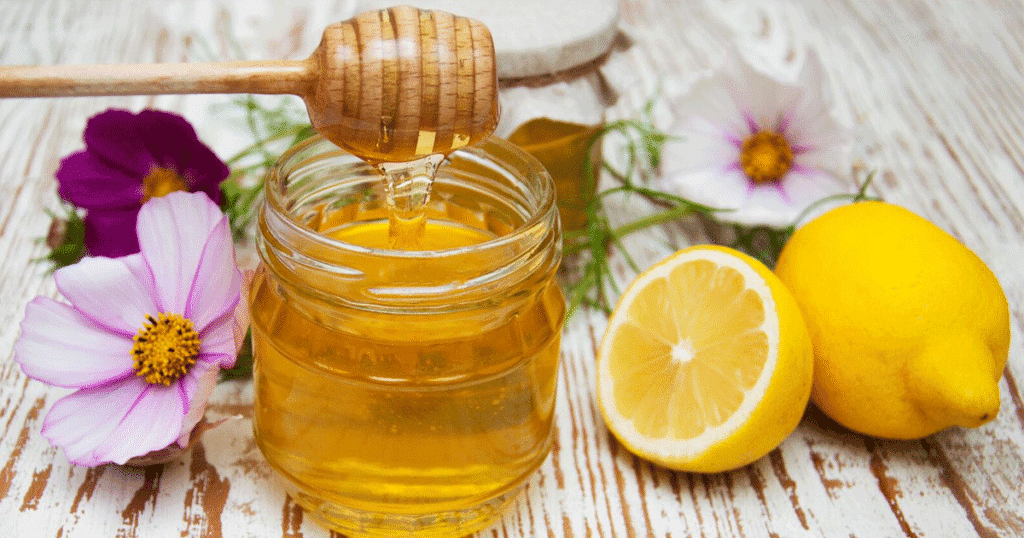OneMedicine | Private GP Clinic | Birmingham

Hayfever season is here—and if you’re one of the millions across the UK who dread the constant sneezing, itchy eyes, and blocked nose, you’re not alone. While antihistamines are a common solution, they don’t always work well and often cause drowsiness.
The good news? There are plenty of natural remedies for hayfever that can help reduce symptoms and support your immune system—without side effects.
What Is Hayfever and What Causes It?
Hayfever, also known as seasonal allergic rhinitis, is caused by an allergic reaction to pollen from trees, grasses, and weeds. When pollen comes into contact with your eyes, nose, or throat, your immune system releases histamine, leading to classic symptoms such as:
✔ Sneezing or coughing
✔ Runny or blocked nose
✔ Itchy, red, or watery eyes
✔ Itchy throat, nose, ears, or mouth
✔ Fatigue, brain fog, or headaches
There’s no permanent cure, but natural hayfever remedies can significantly reduce your discomfort and help you enjoy the season again.
Need expert support? Explore our Private Hayfever Treatment Services for tailored medical advice.
Natural Ways to Ease Symptoms
1. Try Local Honey
Many people believe that eating small amounts of local honey can help desensitise the immune system to pollen. While research is limited, anecdotal reports are positive – and Manuka honey may offer additional anti-inflammatory benefits. Bee pollen supplements are another option some people find helpful.
2. Increase Your Vitamin C Intake
Vitamin C works as a natural antihistamine by reducing the amount of histamine your body releases. You can get more of it through citrus fruits, peppers, strawberries, or by taking a daily supplement during allergy season.
3. Sip Soothing Herbal Infusions
Warm herbal teas are not just comforting – they may ease inflammation and reduce allergy flare-ups. Chamomile is calming and can also double as a compress for itchy eyes. Nettle tea contains natural antihistamines, and ginger tea is known for its anti-inflammatory effect on swollen nasal passages.
4. Add Garlic to Your Diet
Garlic contains quercetin, a natural antihistamine that may help regulate your body’s reaction to allergens. Eating raw or crushed garlic before and during the season could help reduce congestion and sneezing. If the flavour’s too strong, garlic capsules are widely available.
5. Clear Airways with Steam
A simple bowl of hot water and a towel can work wonders when your sinuses are blocked. Steam inhalation soothes irritated nasal passages and helps clear mucus. Eucalyptus or peppermint oil can enhance the effect with their cooling, decongestant properties.
6. Reduce Pollen Exposure Indoors
When you’ve been outside, pollen clings to your skin, hair, and clothes. Taking a shower and changing as soon as you get indoors prevents it from spreading around your home and worsening symptoms.
7. Consider Acupuncture
While not for everyone, acupuncture has shown promise in some studies as a way to reduce hayfever symptoms by calming the immune system. It may be worth exploring if you’re looking for drug-free options.
8. Use Gentle Nasal Barriers
Saline sprays help rinse out allergens from the nose and keep your nasal passages moist. Ectoin-based sprays can also form a protective film that reduces irritation and blocks pollen particles.
9. Improve Air Quality at Home and in the Car
Using HEPA filters in vacuum cleaners, air purifiers, and car vents can help trap airborne allergens. These small changes can noticeably reduce indoor pollen levels and help you breathe easier at home or on the move.
What About Stinging Yourself with Nettles?
An old folk remedy suggests brushing fresh nettles on the skin to relieve allergies, based on the idea that it diverts the immune system’s attention. While it’s certainly natural, there’s no reliable scientific evidence to support this method for hayfever – and it often leads to skin irritation, not relief.
Instead, consuming nettle in the form of tea or supplements is a far safer and more effective option. These contain natural compounds like quercetin and vitamin C, which can act as internal antihistamines without the sting.
Frequently Asked Questions
Do natural remedies really work?
They can. While responses vary, many people find a combination of diet changes, herbal support, and pollen avoidance helpful alongside or instead of traditional medications.
Is there a natural cure?
There’s no permanent cure for hayfever, but symptoms can often be controlled naturally with the right strategies.
How can I stop symptoms without medication?
Support your body with vitamin C, garlic, herbal teas, steam, saline sprays, and good hygiene after being outside. Reducing pollen exposure indoors also plays a big role.
Can certain foods make symptoms worse?
Yes – dairy, processed sugars, and alcohol may increase inflammation and mucus, potentially making hayfever symptoms worse.
When is the UK hayfever season?
- Tree pollen: March to May
- Grass pollen: May to July
- Weed pollen: June to September
A Natural Approach That Works for You
You don’t need to dread the change in seasons. From local honey and herbal teas to practical steps like changing clothes after walks, natural hayfever remedies can make a big difference.
If your symptoms persist or affect your day-to-day life, professional treatment options – including Kenalog injections and prescription antihistamines—are available.
Our Private GP Services offer same-day appointments to help you manage hayfever quickly and effectively, whether you prefer a natural approach or need medical support.
Try these natural options and take control of your hayfever – one sneeze-free day at a time.
















